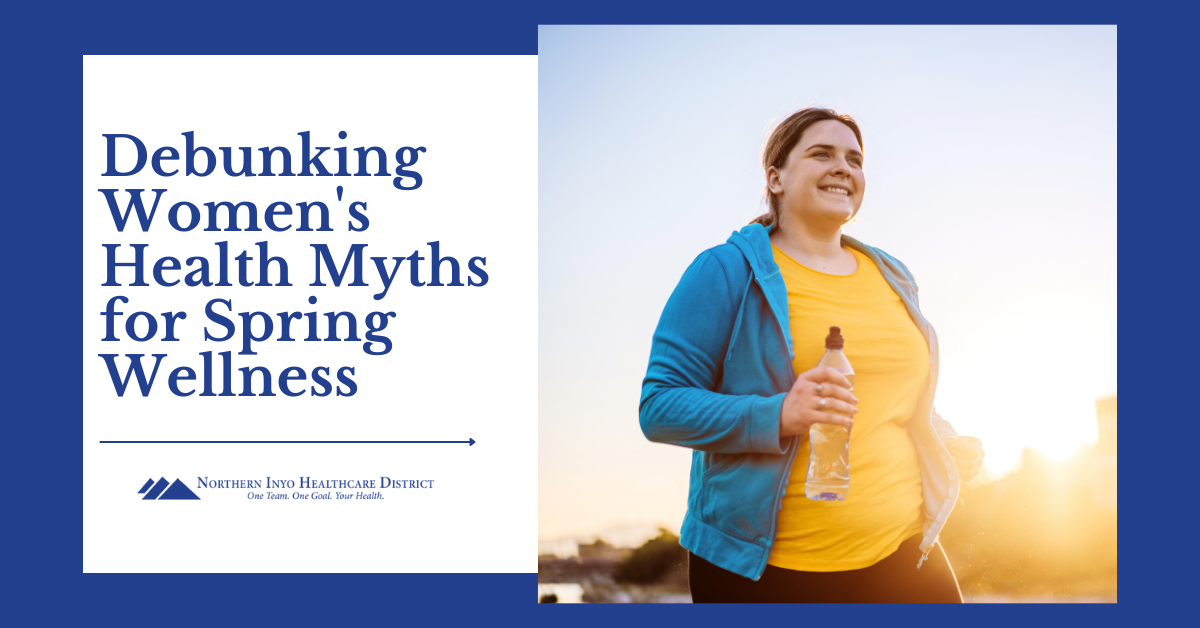Debunking Women's Health Myths for Spring Wellness
- Category: Blog
- Posted On:

Learn the Truth
National Women's Health Week is the perfect time to start taking better care of our health. But for many women, there are misconceptions about what it takes to stay healthy that can get in the way of making positive changes in their lives. From outdated ideas about nutrition and exercise to myths about how hormones affect us, these false beliefs can prevent women from getting the care they need.
Setting aside these misguided notions and focusing on evidence-based facts regarding our health is essential. In this article, we'll debunk several common myths surrounding women's health and offer practical tips for prioritizing your well-being during National Women's Health Week.
Myth 1: Heart Health
The first myth is that women don't need to worry about heart health until later. This is false; the reality is that heart disease is the leading cause of death for women and can strike at any age. Women should be aware of their personal risk factors, such as smoking, diabetes, high cholesterol, hypertension, etc., and make sure they get regular check-ups with their doctors.
Myth 2: Strength Training
Another common misconception is that women don't need to participate in strength training. On the contrary, strength training is beneficial for women of all ages. Strength training helps keep bones strong and can help reduce the risk of injury from falls. Additionally, it can improve balance and coordination, reducing the risk of falls and help maintain mobility.
Myth 3: Caffeine and Pregnancy
Supposedly, women need to avoid caffeine during pregnancy. This is also false; while it's true that excessive amounts of caffeine can be harmful, moderate amounts of coffee may actually benefit pregnant women. Recent studies have found that pregnant women who consume moderate amounts (less than 200 mg per day) of caffeine have reduced risks of miscarriage and preterm birth.
Myth 4: Calcium
Another myth states that women don't need to worry about getting enough calcium. Calcium is vital for bone health, particularly in postmenopausal women. A balanced diet that includes dairy products, dark green leafy vegetables, nuts, and certain types of fish can ensure an adequate calcium intake.
Understanding the facts about women's health and taking small steps towards improving your well-being can make a big difference in your overall health during Women's Health Week. Eating nutritious foods, getting regular exercise, participating in strength training, avoiding excessive caffeine consumption, and getting enough calcium are all things you can do to prioritize your health.
For help treating your health, turn to Northern Inyo Healthcare District. Schedule your appointment by calling (760) 873-5811 or visiting our website.


